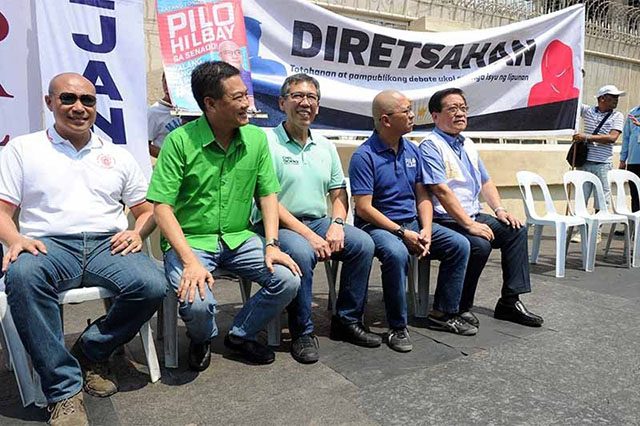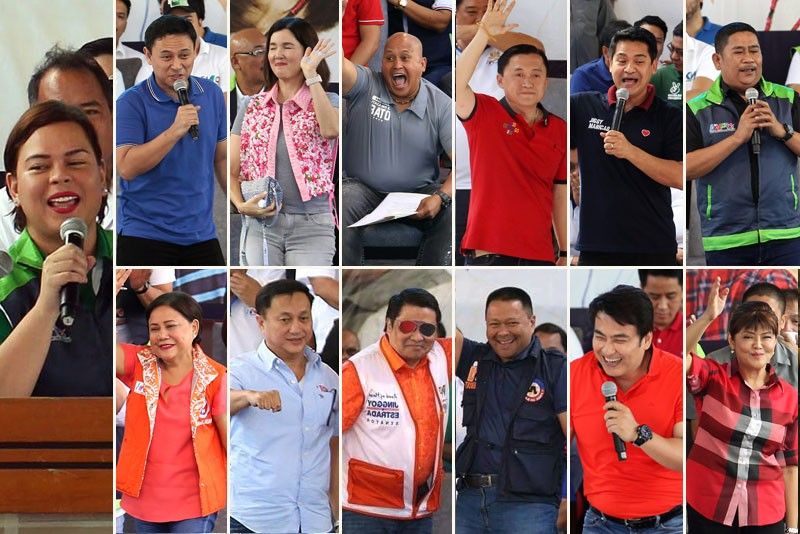
Political debates of candidates are ineffective in changing voting preferences but it does increase public interest on the campaign, according to several studies.
Televised political debates are highly-anticipated events during the election season in the Philippines. The answers of the candidates are discussed on social media following
This engagement, however, does not generally change the minds of the electorate, according to a 2016 study from the University of Leeds.
Stephen Coleman and Giles Moss said in their study titled “Rethinking Election Debates: What Citizens Are Entitled to Expect” that such finding is evident among citizens who have already made up their minds on whom to vote.
“Presented with rival viewpoints, viewers are more likely to pay attention to the perspective that is closest to their own and use the information derived from debate-watching to reinforce their original position,” the researchers said.

READ: Investigative news organization lists top spenders of pre-campaign advertising
While political forums are often portrayed to help voters be well-informed, Coleman and Giles also explained that they tend to cater only to the politicians themselves, the reporters and the scholars.
“Televised election debates, as we have known them for half a century, have been products of negotiation between political parties and broadcasters,” they said.
“But, as we have pointed out, these needs are largely determined by political elites and skewed by strategic interests,” they added.
According to an article from the Guardian, political debates are ineffective because of their subjective nature.
“A political debate is a constant stream of information of unknowable accuracy or validity, so is very much open to interpretation. This is why you can have mainstream media platforms giving completely different reports of who won the same debate,” Dean Burnett wrote.
Burnett also argued that the personalities and beliefs that candidates show in the debates are also usually different from how they present themselves when in office.
Such forums may possibly have an effect on indecisive voters or those with “weak allegiance to one party or candidate” and who “had minimal media exposure before the debates,” according to Coleman and Giles.
“Debates have been said to stimulate citizens to seek out additional information, talk to others about problems, policies and ideas raised within them and experience an enhanced sense of confidence in their own political knowledge and capacity to engage in political action,” the researchers said.
In the Philippines, there’s not much research looking at whether or not such political events have an effect on the outcome of elections.









